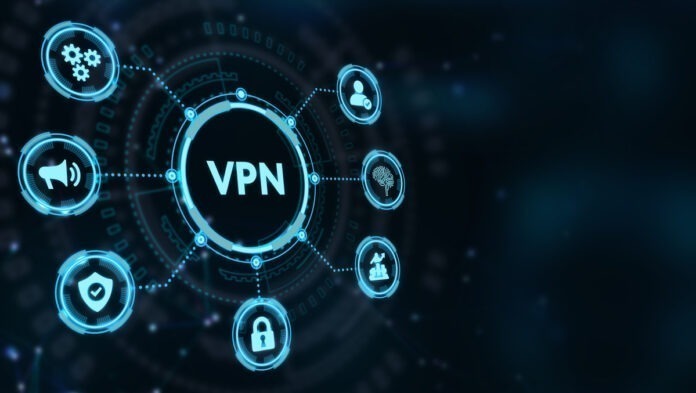Where online privacy and security threats are an issue for one and all, Virtual Private Networks today come to the fore as an immediate remedy. But can VPNs heal all wounds, or are their benefits overstated? Let us delve into the world of VPNs—to separate fact from fiction and find out whether they turn out to be an indispensable tool or one that is overrated.
What are VPNs?
Before assessing the actual value of VPNs, it’s essential first to understand what a VPN is and how it works. A VPN will create an encrypted ‘tunnel’ between your device and a remote server operated by the VPN service. All of your internet traffic goes through this tunnel via the VPN server, many of which are located in different countries worldwide, thereby hiding your IP address and effectively encrypting your data in the process.
The main purposes of the VPN are to:
- Online privacy enhancement
- Improve security on public networks
- Get around geo-restrictions and censorship
- Prevent ISP throttling
While these goals may sound great on paper, the reality of the use of VPNs is much more complicated than most people actually think.
The Undeniable Benefits of VPNs
Enhanced Privacy and Security
Probably, the most critical benefit associated with a VPN is that it buys privacy and security. Needless to say, as soon as you log in through a VPN, your ISP no longer sees what you are doing over the internet. That puts a halt to all harvesting and, consequently, selling of your browsing data.
Moreover, VPNs are at their best while working on public Wi-Fi. Most of these are unsecured networks—a den of hackers. This is because a VPN encrypts all the information as it leaves your device, thus immensely complicating the process of interception or reading for any malicious actor.
Bypassing Geo-restrictions
The demand for bypassing geo-restrictions is starting to sustain the VPN boom. By connecting users to a server in another country, they can access streaming services, websites, and other content blocked in their area. This feature has made VPNs a godsend for travelers and those living under highly restricted internet regimes. So, make sure to download VPN Windows app on your PC when you are travelling.
Protection against ISP Throttling
Some ISPs throttle specific types of internet traffic. VPNs, because they encrypt your data and obscure your online activities, can prevent your ISP from selectively throttling your connection based on the type of traffic you’re using.

The Limitations and Drawbacks of VPNs
While VPNs have considerable advantages, they also have limitations and possible disadvantages.
Reduced Internet Speed
This probably tops the list of the most frequent complaints associated with any VPN: speed reduction of one’s Internet. Because data has to travel further to the VPN server and from there to the intended destination, a slight decrease in speed for communication over a VPN is experienced. The process of encryption itself could also eat up extra processing power, resulting in slower speeds.
False Sense of Anonymity
Many people feel that by using a VPN, they are entirely anonymous on the internet. So here’s one—sort of correct statement: although it does hide your IP, other factors can give away your identity. For example, if you’re running at the same time as your Google or Facebook account is logged in, these services can track you down despite your VPN.
Potential for Logging and Data Collection
Not all VPN providers are designed the same regarding privacy practices. Some VPNs can log data from users, thus defeating their purpose of privacy. One must make sure that a VPN provider is researched for credibility in the no-logs policy and is reliable.
Legal and Ethical Considerations
In some countries, the use of VPNs is restricted or even forbidden. The legal consequences of that, regarding the user’s jurisdiction, should be noted. Also, on the other hand, while VPNs can undoubtedly be put into service for entirely valid reasons of privacy, they can be misused for many illegal activities—an ethical question of how far their large-scale availability is/Area of applicability is a valid reason.
Are VPNs Overhyped or Truly Useful?
While no perfect solution exists, neither are VPNs an overhyped technology. They are a handy tool—provided they’re adequately applied with realistic expectations—increasing online privacy and security levels. However, they should be treated only as a part of the more general strategy for protection online, not as an independent fix in and by itself.
Of course, for many users, the benefits of VPNs – improved privacy, security on public networks, and the chance to bypass geo-restrictions – outweigh the possible drawbacks. It’s vital, however, to pick a professional VPN operator and understand the limitations of the technology itself in using VPNs in conjunction with other privacy-enhancing practices.
Ultimately, whether a VPN is overhyped or useful dramatically depends on one’s needs and the purpose of the use. If people knew what a VPN could and couldn’t do, maybe they would be better positioned to assist in developing approaches to safer, more private internetworking.
For More Articles Click the: Ezinee.co.uk



